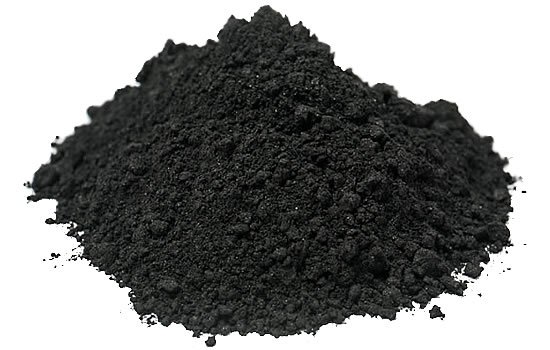Pollutants from wastewater treatment plants in Ghana are released into water bodies and the environment due to poor knowledge about recycling treatment technologies.
In a bid to curb this, the Regional Water and Environmental Sanitation Centre, Kumasi (RWESCK) at the Kwame Nkrumah University of Science and Technology and Sewerage Systems Ghana Limited are using activated charcoal from faeces to purify waste water.
The results of their research is contained in the journal, Advances in Materials Science and Engineering.
The study sought to evaluate the performance of a novel material; faecal sludge-derived activated charcoal for wastewater pollutant removal.
For the study, the dewatered faecal sludge was dried on a sand drying bed for three months.
The dried faecal sludge was used to produce activated charcoal, which was then used to purify the waste water.
The results showed high removal efficiency of pollutants and a decrease in the muddiness, the smell, colour among others of the wastewater.
The filtered water was even clearer than the lab tap water used as a comparison.
“Dry faecal sludge-derived activated carbon (DFSAC) produces effluent that is substantially pure due to the high toxicity removal efficiency, making the effluent water free from impurities, dissolved solids, and turbidity.
“The obtained result is an affirmation of the potential of the dry faecal sludge-derived activated carbon from effectiveness in the removal of waste water pollutants on a large-scale level,” lead researcher, Issahaku Ahmed explained.
The water obtained from the system can be used for purposes such as cleaning, irrigation, chemical dissolution in wastewater treatment, washing of cars, and flushing of the water closet when disinfected.
“This method of treatment using DFS-activated charcoal may require replacement after several treatments are done, but dry faecal sludge is always readily available from the wastewater treatment plant (WWTP); hence, DFS-activated charcoal can easily be available, it's cheap, and has a high degree of purification potential, The study recommends that WWTP operators should consider closing the resource loop by ensuring effluent water from treatment facilities undergoes a cheap but more effective means of purification for reuse,” Mr. Issahaku said.
Latest Stories
-
We’ll correct wrongs of outgoing gov’t, restore integrity – Mahama pledges in New Year message
12 minutes -
NDC’s court objection misplaced, EC already addressing issues – Afenyo-Markin
52 minutes -
Ada chiefs call on President-elect Mahama to intervene in Songor lagoon attacks
1 hour -
Arrest warrant issued for impeached South Korea president Yoon
2 hours -
Bride shares heartbreaking details of groom’s death at Akyem Anamase wedding
2 hours -
7 granted bail over electoral violence in Nyankpala
3 hours -
Bawumia 2024 Campaign Team members asked to account for campaign funds
3 hours -
President-Elect John Mahama to return UGMC management to University of Ghana
4 hours -
Dream big and work hard – Akufo-Addo tells Ghanaian youth
4 hours -
Over 76% of Ashanti rural households are food insecure, impeding infant development – KNUST researchers find
4 hours -
Puerto Rico may enter new year in darkness after sudden blackout
9 hours -
Mr Eazi’s Detty Rave Festival: A monumental success in African Dance Music
11 hours -
ECOWAS Bank for Investment and Development committed to Climate and Sustainable Development Projects – Agyekum Donkor
13 hours -
Serving you has been the greatest honour of my life – Akufo-Addo
13 hours -
Commonwealth Scholarship Commission appoints Dr Joseph Danquah as academic adviser
14 hours

